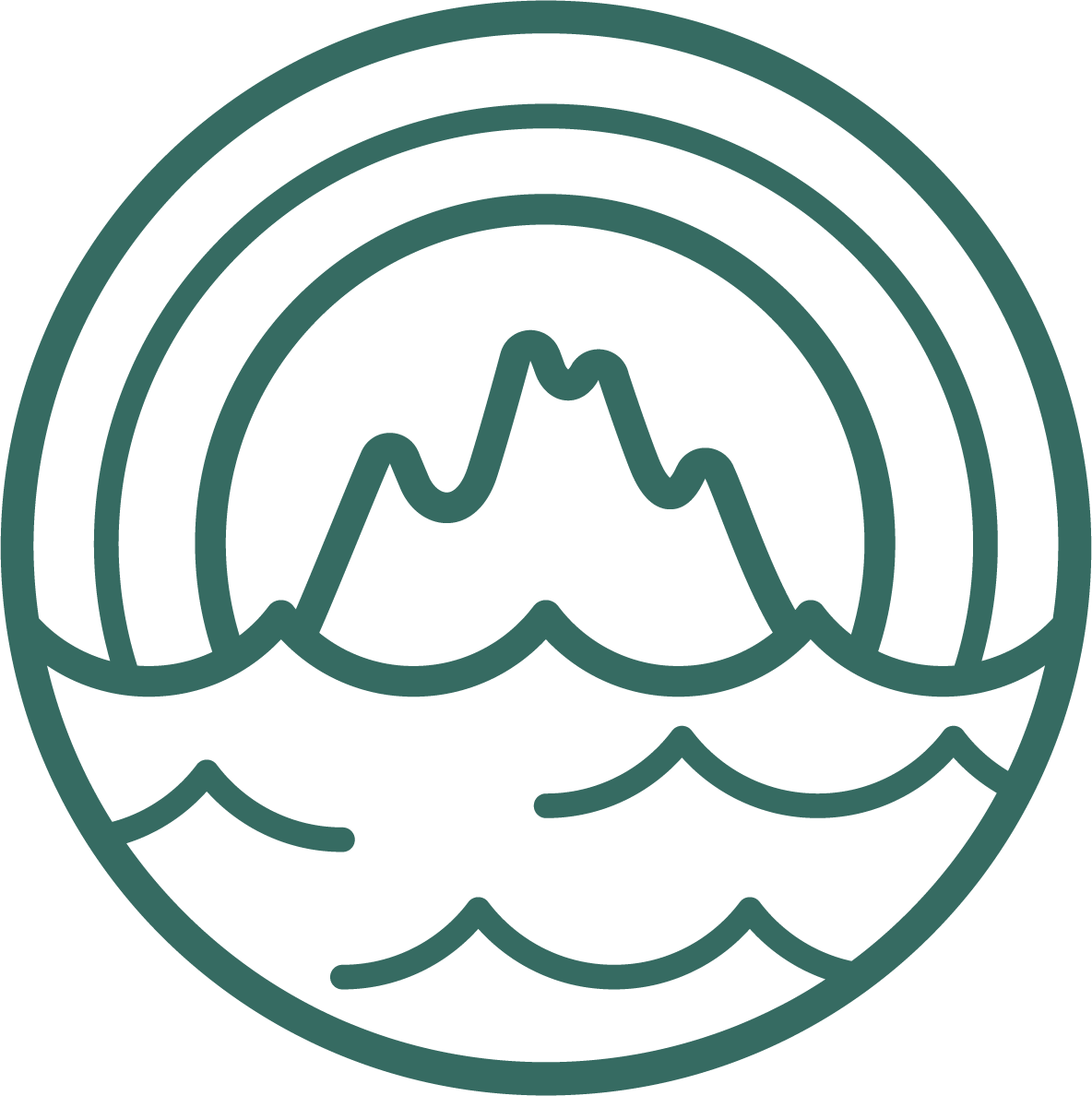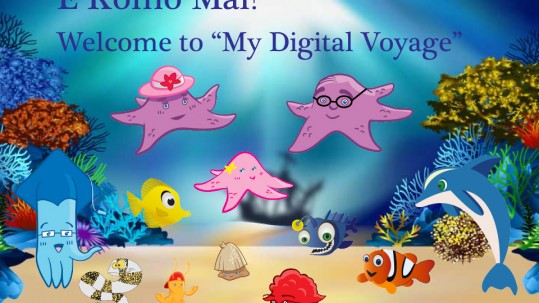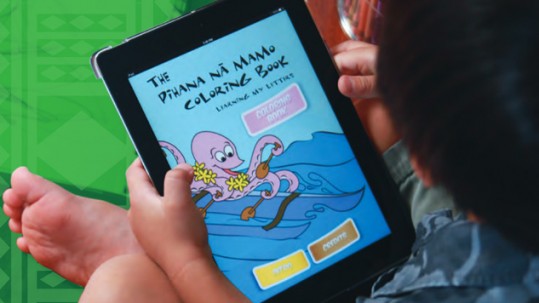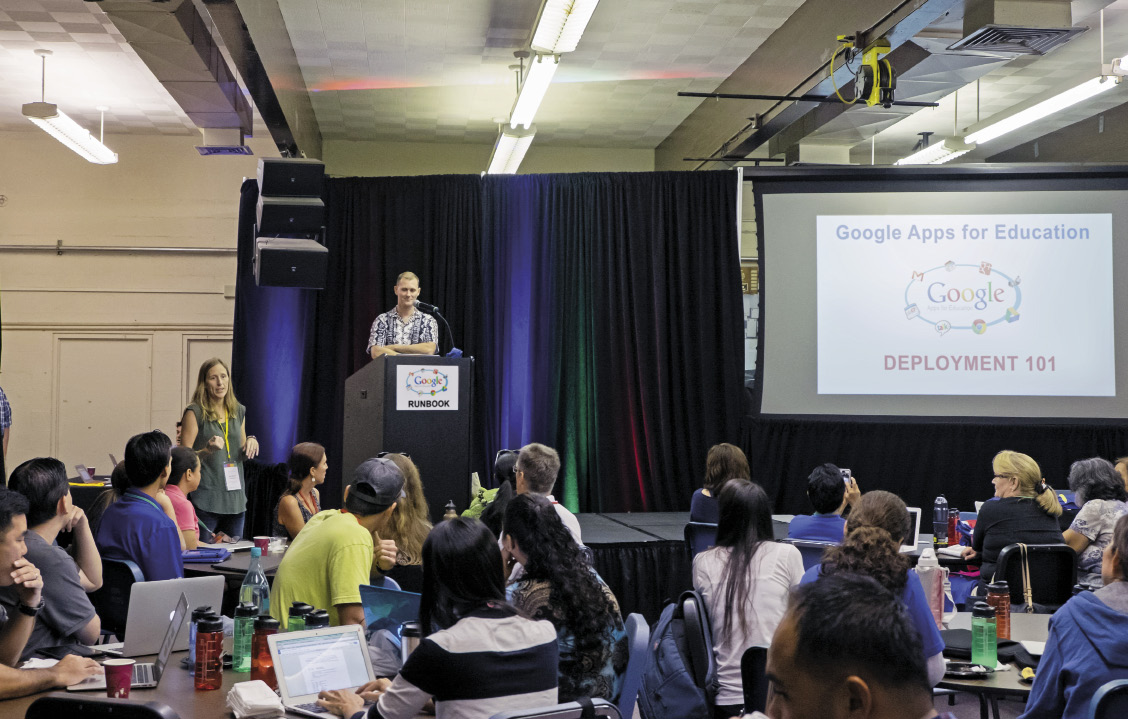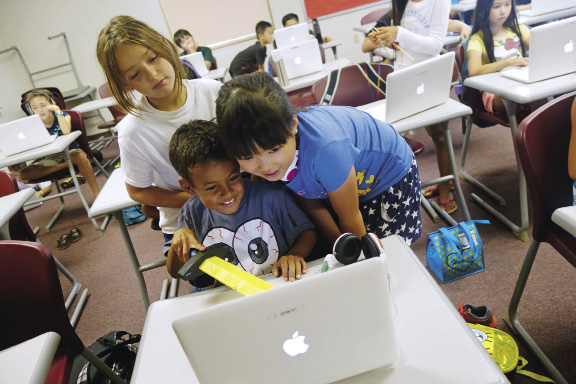CRDG’s Learning Technologies team members recognize that technology is only a tool and that its effectiveness and adoption is dependent upon the particular needs of the learners.
We also strongly believe that technology enables all learners to explore and discover since it can increase functionality and speed of communication. To that end, CRDG Learning Technologies conducts research in curriculum and technology use in varying learning contexts and provides project support and development to new and existing product design.
We have two overarching goals, which are to contribute to the research evidence on how technology can effect learning in relation to learning progressions, cognitive domain, and affective domain; and 2) to collaborate with practitioners and other education researchers in developing technology community partners (local, national, and international) to strive for digital citizenship education everywhere (primarily schools, homes, and community).
In our ULS Partnership, we help observe and document technology use in instruction, teacher preparation, and school administration; assist in looking for emerging technologies for the classroom; analyze quiz and test data in experimental designs, and; connect learning to current educational technology standards.
We are strongly influenced by Technological Pedagogical Content Knowledge (TPACK) and by instructional design principles. More recently, we work within an improvement science framework.
Our current projects include the following:
- School Internet Safety Initiative
- Developing W.I.S.E. Kids – Web and Internet Safe Educated Kids, a Computer Literacy Curriculum for Middle School
- Online learning modules for grades 4–5
- Global Digital Citizenship (with the Pacific Circle Consortium)
- Cross-Cultural Dating Relationship, Sexting and Personality Traits (with Universita Di Roma Sapienza)
Our current collaborative projects include the following:
- Online Learning Community, in Teaching Science through Inquiry: Aquatic Science
- Hawai‘i Afterschool Alliance digital checklist
- Broadening Participation of Native Hawaiians in Engineering as Faculty
- GenCyber
- History of Hawai‘i, digital learning elements
- Opihi Project
- Algebra Revision



